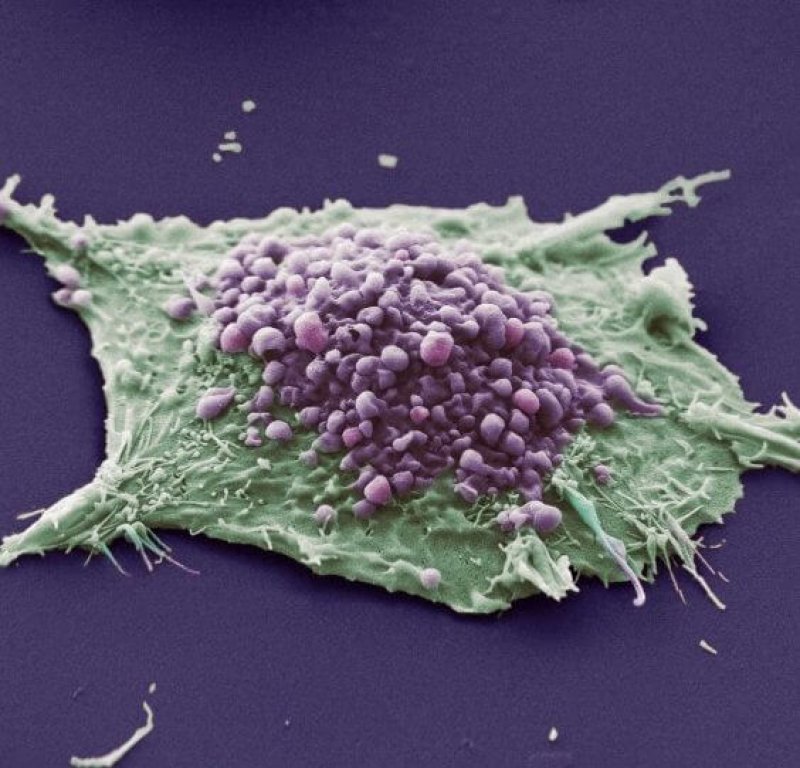Unlike animals, bacteria can readily share genetic information with other bacteria, even those of entirely different species. […] For decades, these mechanisms for spreading DNA from one bacterium to another — known as horizontal gene transfer — were the only three known. Now, researchers Frances Tran and James Boedicker of the University of Southern California believe they have characterized a fourth. Their results are published in Scientific Reports.
…
Bacteria are known to shed bits of their membranes (known as “blebbing”) in a process that resembles a lava lamp. (See upper left image.) The blobs that blossom and break off from the cell may contain all sorts of molecules, such as proteins and DNA. Other bacteria can absorb them. This observation led several different research groups to hypothesize that extracellular vesicles may serve as a previously unidentified mechanism of gene transfer.
…
These findings are slightly unsettling. Unlike transformation, transduction, and conjugation, gene transfer via extracellular vesicles may not require specialized machinery. And because membrane blebbing is thought to occur in most — if not all — bacteria, extracellular vesicles may represent a universal method of bacterial gene transfer. That could mean that antibiotic resistance may spread to unrelated bacteria much easier than microbiologists previously imagined.
The GLP aggregated and excerpted this blog/article to reflect the diversity of news, opinion, and analysis. Read full, original post: Discovered: 4th Major Mechanism For Antibiotic Resistance To Spread































